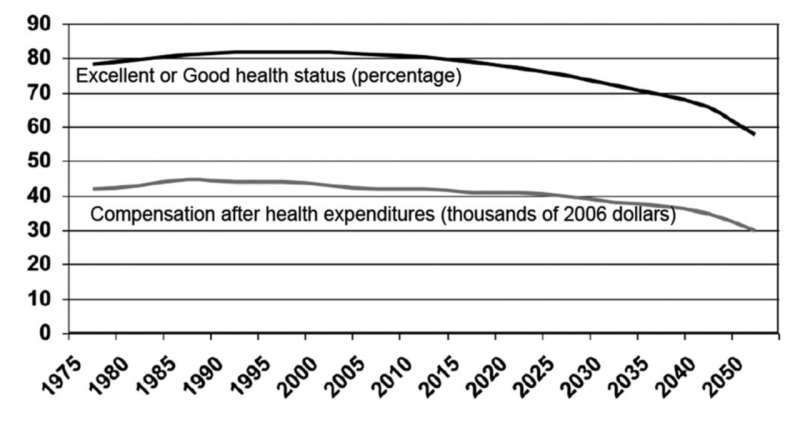This article has been reviewed according to Science X's editorial process and policies. Editors have highlighted the following attributes while ensuring the content's credibility:
fact-checked
peer-reviewed publication
trusted source
proofread
Redesigning the welfare system around a digital credential for greater inclusivity and security

New research from Columbia University Mailman School of Public Health outlines a revolutionary approach for vulnerable populations to more easily receive welfare benefits. Linking one's individual data using a digital credential would provide better access and support to those most at risk who would no longer need to go through the cumbersome application process of the existing welfare system. The findings are published online in Milbank Quarterly.
"The current welfare system can be an insurmountable barrier for those who need assistance the most, including the homeless, handicapped, and mentally ill," said Peter Muennig, MD, MPH, professor of health policy and management at Columbia Public Health. "By implementing a digital credential system, we can significantly reduce the burden of welfare receipt for these marginalized communities, ensuring they receive the help they deserve."
Digital credentials have been shown to be more secure than traditional systems, reducing the risk of fraud and abuse. The adoption of this technology would guarantee that resources are allocated to those in genuine need, making the welfare system more efficient and equitable.
Key findings of the research include:
- The digital credential system would simplify the welfare application process, removing barriers to access for those who are most vulnerable.
- A digital credential is more secure, protecting against fraud and ensuring resources are allocated to those in need.
- This innovative approach has the potential to transform the lives of millions, providing critical support to disadvantaged populations.
The study urges policymakers to consider these findings and take immediate action to redesign the welfare system. "Adopting a digital credential will ensure that everyone in need can receive welfare benefits without facing unnecessary hurdles, making our society more inclusive and compassionate," noted Muennig.
More information: Peter Muennig, Futureproofing Social Support Policies for Population Health, The Milbank Quarterly (2023). DOI: 10.1111/1468-0009.12630



















